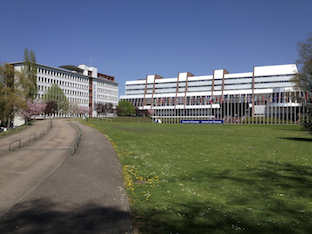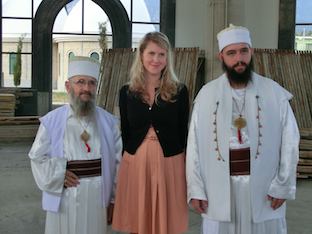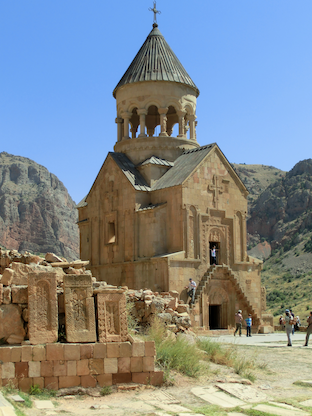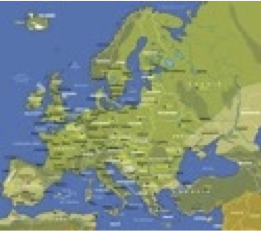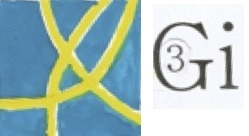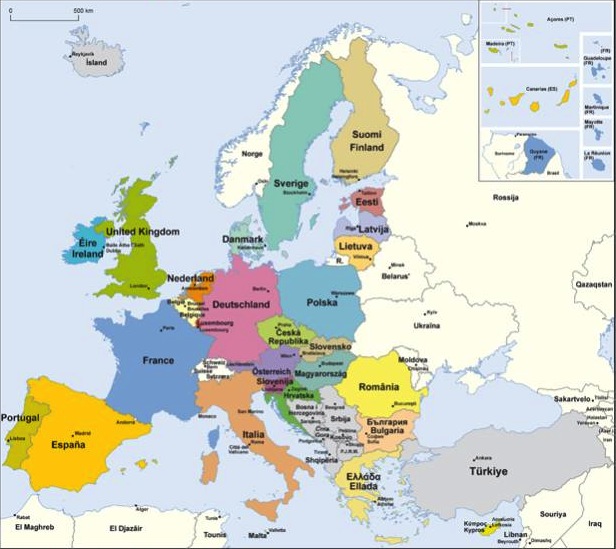|
Study Day
Council of Europe January 2012
|
|
It is a matter of opening the debate about how the European Institutions may best benefit from cultural and convictional diversity. This reflection is increasingly a hall mark of Europe supported by the competence and experience of groups with interconvictional experience attested by their work. They are therefore well qualified to engage with the progess of participative democracy, which completes the application and cover of representative democracy. It is iumportant to be specific about how we understand our persuasions, convictions, inherited persuasions and personal conviction as well as religious, philosophical or cultural conviction and the interconnection of faith, belief, opinion stances and so on.
|
|
Klingenthal Colloquy October 2013
|
|
Colloquy at the Château de Klingenthal, Alsace (25-27 October 2013)
"Citizens with different convictions and culture, a shared responsibility for the construction of a democratic and multiconvicional Europe"
Non religious convictions are present everywhere in Europe. The European Humanist Federation is present at the Council of Europe as well as in the countries of Europe. The Buddhists are also present at the Council of Europe and they are widely present in Europe itself. Their community is "recognised" in France with a good many centres. There are also significant Muslim and Jewish populations in Europe.
|
|
Religious Dimension Council of Europe Dürres 2012
|
|
"Taking responsibility for tomorrow's Europe: the role of young people in the religious dimension of intercultural dialogue"
The Council of Europe's 2012 encounter on the religious dimension of intercultural dialogue took place on 3 and 4 September in Dürres, Albania. More than a hundred representatives of religious communities and of non religious convictions, of international youth organisations, of media professionals as well as representatives of the governments of member states and of Council of Europe insitutions, met to debate the role of young people in the religious dimension of intercultural dialogue for the construction of tomorrow's Europe.
|
|
Religious Dimension Council of Europe Yerevan Armenia 2013
|
|
1) "Freedom of religion, conscience and thouht: a fundamental human right in contemporary society";
2) "Protection of those who belong to religious minorities, believers and non believers and their contribution to the struggle against intolerance, discimination and hate speech from the point of view of freedom of religion."
3) Lines of future action in Europe and beyond: the education of young people and their awareness of religion and beliefs, dialogue and cooperation between and among religious and non religious representatives.
|
|
Download the G3i prospectus
|
|
The G3i programme includes
Colloquies and study days. The connection between participative and representative democracy.
Taking part in events organised by the Council of Europe and a number of INGOs with participative status.
A conference on laïcité and the interconvictional approach in cooperation with the BEPA of the European Commission, which invited the G3i to share its proposals with the European Parliament.
|

